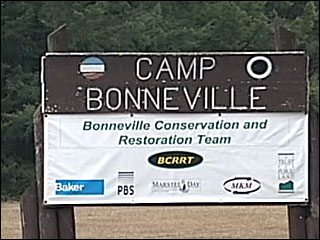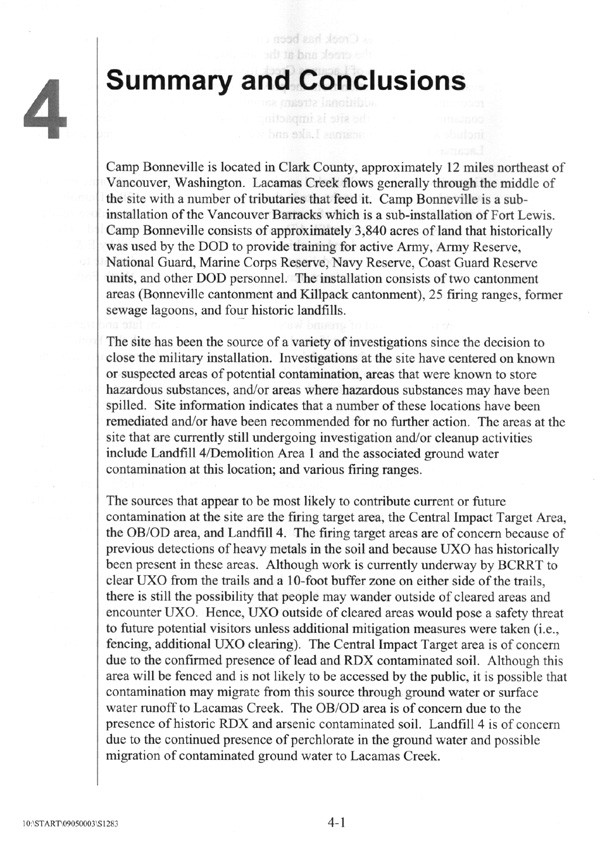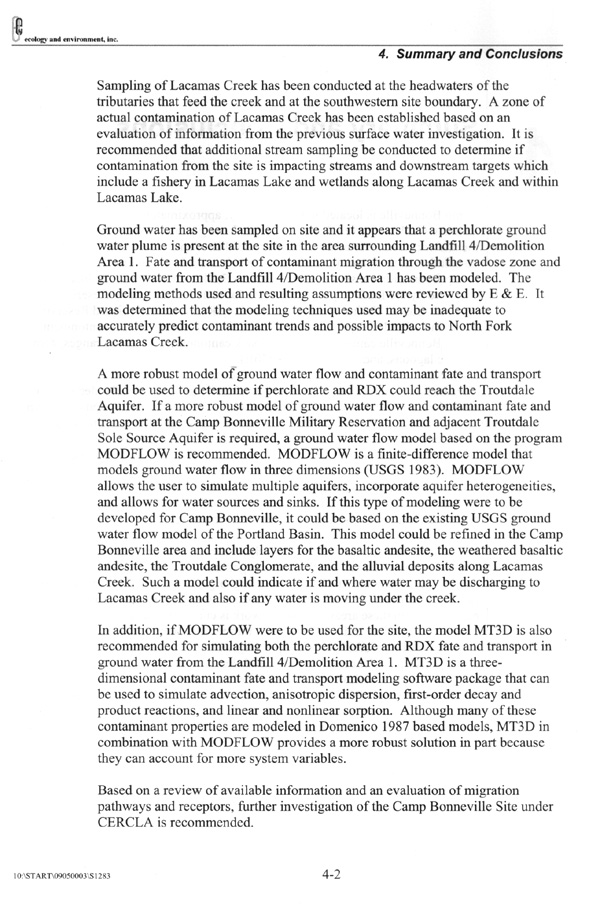New story from the Public News Service – Washington:
September 28, 2010
Stormy Weather for Clark County Stormwater Plan
TUMWATER, Wash. – How tough should counties be on developers in planning and controlling storm water runoff, a major source of water pollution? That’s the issue in a case to be argued this week at the Washington Pollution Control Hearings Board. It alleges that Clark County has what amounts to a special deal with builders for managing the stormwater effects of their projects, allowing them to put off planning for runoff control and let the county take care of any problems.
The Rosemere Neighborhood Association and two environmental groups behind the complaint – Columbia Riverkeeper and the Northwest Environmental Defense Center – say water quality has suffered as a result. Their attorney, Jan Hasselman with Earthjustice, explains.
“Clark County is effectively subsidizing developers out of very limited county funds. The idea is that developers don’t have to take on the burden of dealing with the storm water from their projects – the county will pay for it from general funds.”
The Washington Department of Ecology approved the Clark County plan, and will explain its reasons at the hearing. The problem, says Hasselman, is that if one county has a weaker storm water control policy, state law allows others to adopt it.
“That’s why this case is so important, not just for Clark County, but statewide. This threatens to really undercut our collective efforts to begin improving the health of rivers and streams, and recover Puget Sound.”
At issue is how strict counties should be with developers in order to meet federal Clean Water Act requirements. Clark County has said new development hasn’t posed much of a stormwater problem, and that it has enough money to mitigate such problems. The complaint asks that Clark County abide by the same standards as other counties.
The hearing runs Tuesday, Sept. 28 to Friday, Oct. 1, 9 a.m. to 5 p.m. daily, 1111 Israel Road SW, Tumwater.
Click here to view this story on the Public News Service RSS site and access an audio version of this and other stories: http://www.publicnewsservice.org/index.php?/content/article/16097-1



















![Washington State Water Quality Assessment [303(d)] Washington State Department of Ecology](http://www.rosemerena.org/home/wp-content/uploads/2009/03/ecy_logo.gif)

